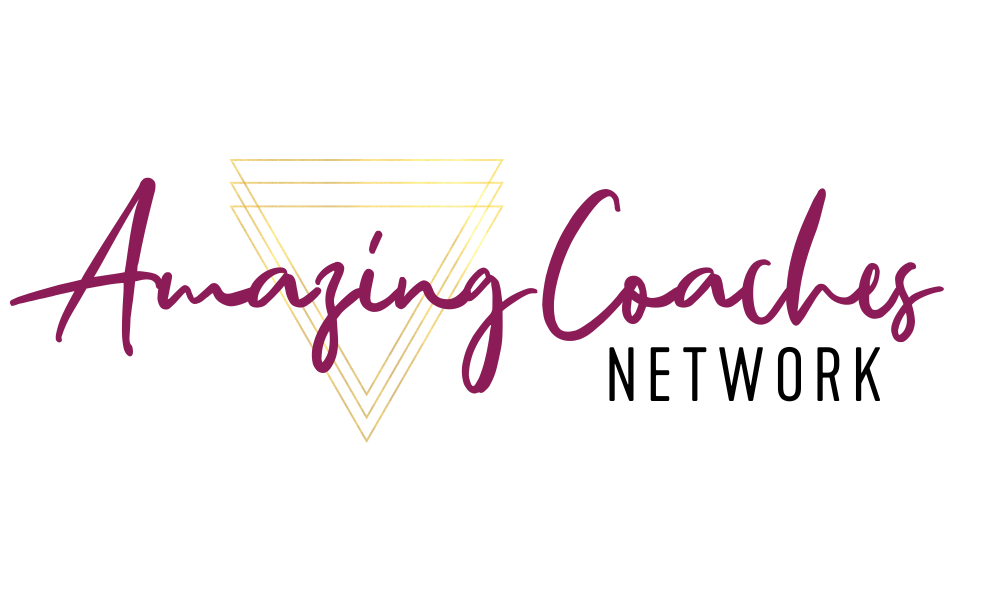The U.S. Bureau of Labor Statistics shows that 45% of new businesses fail during the first five years and 65% during the first 10. Only a quarter of businesses make it to 15 years or more. Why?
The number one reason businesses fail is that business owners need better money management skills!
Of course, humans aren’t born with knowledge about managing money. Throughout our lives, we pick up mindset issues and bad money habits that can transfer into our businesses.
Fortunately, with the proper knowledge, entrepreneurs can recognize and avoid three of the most common money mistakes. When they do, their businesses will thrive and profit.
Mistake 1. Falling Victim to Shiny-Object Syndrome.
We receive countless offers to try new products or services every day. These are marketed as precisely what you've been missing to jumpstart a specific aspect of your business. Some of them are difficult to resist.
Whether you're tempted to invest in new tools, classes, software, business-building programs, or coaching, these investments can distract you from staying on course toward your current goals.
So, how do you avoid it? Each time you are tempted to buy the next best thing, try this two-step process:
Step 1. For those offers that seem too great to pass up, plan to achieve a positive return on investment before you purchase. If you can't find a practical method to ensure this shiny object will pay for itself (within a reasonable amount of time), don't buy it.
Step 2. For thrilling new business ideas (those lightbulb moments), keep a “future ideas” list. Write down new ideas, with a basic outline for each one, and then set it aside until you've completed your current project or plan. This way, you'll remember your great idea and can come back to it later without leaving current plans unfinished.
Mistake 2. Continuing to Spend Because You’ve Already Spent So Much.
We often spend money on items we anticipate using when launching and building our businesses, but we find that we use them less than we thought we would.
We realize later that we're not using a particular item and say, “I'm not using this solution, but I can't give it up. I'm still paying the launch price, and now it's much more expensive than it was when it launched.”
If this sounds familiar, you're falling for what economists call the “sunk costs fallacy.” This makes us justify investing more time or money in something, even if it's not creating the results we hoped for, simply because we have already spent so much on it.
This is the same principle that encourages you to wear shoes you don't like just because you already spent money on them, to finish a book you don't like because you already paid for it, or … you guessed it: to continue paying for subscriptions or software or other resources you aren't using in your business.
Take some time to examine your current expenses. Are there items you're paying for regularly that you don't use or aren't producing a return for you? If so, change how you use them so they do produce a return, or cancel them.
Mistake 3. Not Spending Enough.
Pinching pennies is just as bad for your business as overspending.
Believe it or not, postponing action because you’re waiting for the best deal, investing in the lowest-cost tools you can find, and working around the clock because you can’t afford to outsource don’t help your business.
Yes, there is something admirable about working as hard as possible, finding great deals, and not spending on frivolous items.
But …
If you operate your business from a scarcity mindset, it will never grow as you want it to—and you’ll never see the profits for which you work so hard.
Instead of holding on to every penny you earn, spend strategically. Only buy what you need when you need it. Invest in high-quality tools, including software, programs, and whatever else you need. These things work better and last longer—and will eventually pay for themselves.
When you learn how to manage your money effectively, you’ll find that the road to profitability in your business is smooth … and enjoyable.







